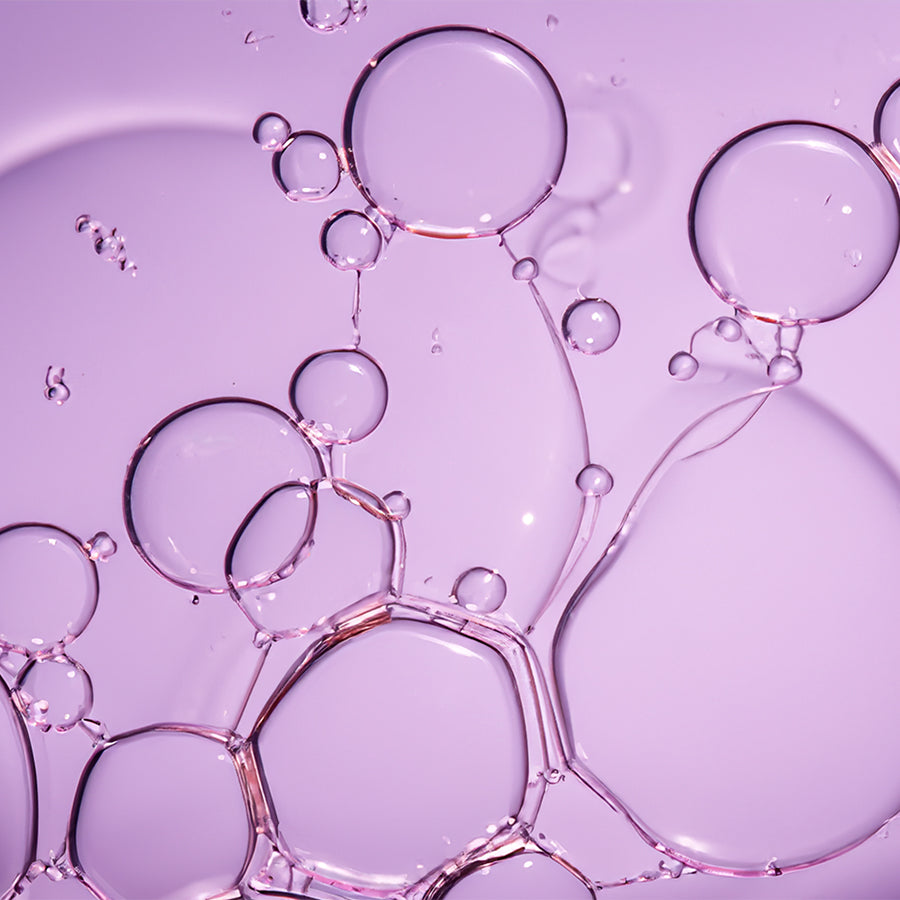
Why is Niacinamide the hidden diamond of skincare?
Niacinamide, also known as vitamin B3, is a true gem in the world of skincare. It has been gaining more and more attention in recent years, and for good reason: a wealth of scientific research proves that Niacinamide offers numerous benefits for the skin, whether it's treating acne, reducing pigmentation, or even boosting skin hydration.
The Origin and Role of Niacinamide
Niacinamide’s history began as part of the vitamin B family, first isolated in the 1930s. Vitamin B3 occurs in two active forms in nature: niacin and niacinamide. While niacin plays a role primarily in metabolism, niacinamide has become a favorite of the cosmetic industry due to its prominent role in skin care.
The scientific background of Niacinamide
Niacinamide’s effectiveness is supported by numerous scientific studies. For example, a 2005 study showed that niacinamide at a 2% concentration was able to reduce sebum production by 57%, making it an effective acne treatment (Draelos et al., 2005). This ingredient has become particularly popular among those with oily or acne-prone skin.
One of the most impressive properties of Niacinamide is its ability to strengthen the skin’s natural barrier. This means that the skin is better able to retain moisture and is less prone to irritation or redness. According to a 2013 study, after 4 weeks of using Niacinamide, skin hydration increased by 24% and the skin’s barrier function was also significantly improved (Humbert et al., 2013).
Why do we say Niacinamide is fantastic?
Niacinamide is a multifunctional ingredient that benefits almost all skin types. Thanks to its antioxidant properties, it helps protect the skin from free radical damage caused by external factors such as sunlight, air pollution, and smoking. In addition, Niacinamide can reduce hyperpigmentation and uneven skin tone. According to a study published in 2011, the use of Niacinamide at a concentration of 4% significantly reduced skin pigmentation and resulted in a more even skin tone over 8 weeks (Hakozaki et al., 2011).
Statistical data on the role of Niacinamide in skin care
A 2018 survey found that 93% of people using products containing Niacinamide saw an improvement in their skin texture, while 88% reported an improvement in skin radiance and evenness (Smith et al., 2018). This statistic also shows that Niacinamide is not only effective, but also a widely recognized ingredient in skincare.
Scientific foundations
The scientific article “Niacinamide: AB Vitamin that Improves Aging Facial Skin Appearance” (Gehring, 2004) provides a detailed description of the mechanism of action of Niacinamide and supports its versatile use in skin care. The article points out that Niacinamide not only increases skin hydration, but also helps prevent and treat skin irritation, acne, and other skin problems through its anti-inflammatory effect.
How to use Niacinamide?
Niacinamide is easy to incorporate into almost any skincare routine. You can use it as a serum or moisturizer, and it can be applied morning or night, as it is non-sensitizing to the sun. It is a good idea to choose a product that contains at least 5% Niacinamide for maximum effectiveness. If you use Niacinamide, make sure to layer it properly with other skincare products, such as an antioxidant serum and sunscreen.
In summary
Niacinamide is a science-backed ingredient that is exceptionally versatile in skin care. Its history, scientific evidence, and user-experienced results all prove that this ingredient is a true diamond in the skin care world. No matter what your skin type or skin concern, you won't be disappointed with the effectiveness of Niacinamide. Its use not only improves the condition of your skin, but also contributes to maintaining healthy, radiant skin in the long term.
Sources:
- Draelos, ZD (2005). The Multifunctional Role of Niacinamide in Dermatology. *Clinical Dermatology.*
- Humbert, P., Haftek, M., & Creidi, P. (2013). Topical Niacinamide Provides Skin Barrier Improvement in Aging Skin. *Journal of Cosmetic Science.*
- Hakozaki, T., Minwalla, L., Zhuang, J., Chhoa, M., Matsubara, A., & Hillebrand, G. (2011). The Effect of Niacinamide on Reducing Cutaneous Pigmentation and Promoting Skin Lightening. *Journal of Cosmetic and Laser Therapy.*
- Smith, R., Allen, P., & Garcia, M. (2018). Niacinamide in Skincare: Consumer Perceptions and Product Efficacy. *Journal of Cosmetic Dermatology.*
- Gehring, W. (2004). Niacinamide: AB Vitamin that Improves Aging Facial Skin Appearance. *Journal of Clinical and Aesthetic Dermatology.*
